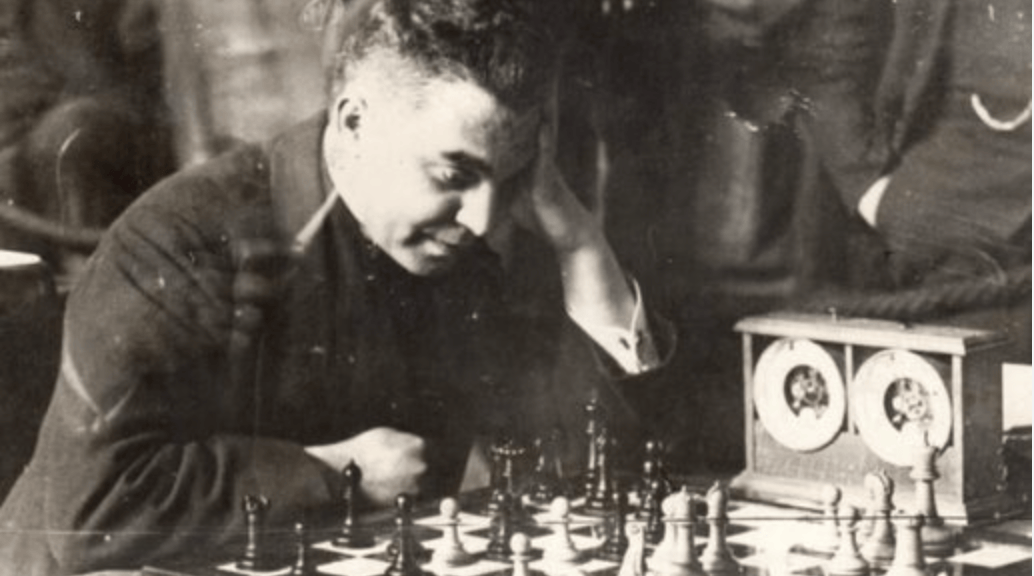
A Century of Chess: Amsterdam 1920
The first international tournament of the decade and a nice introduction to three players — two newbies and one returnee.
Richard Réti won the tournament, which was his warm-up for his really startling win at Gothenburg later in the year. From the perspective of the chess world, Réti was a non-entity through the 1910s. He made his debut at Vienna 1908, finished in abysmal last place and was at best a local Czech player. But the war was good to Réti. He was assigned to clerical work in the Austro-Hungarian Army, with superior officers who happened to be chess players and "with their encouragement and leniency" he had the chance to really study and to develop a hypermodern sensibility. Hypermodernism, though, wasn’t so much in evidence in his wins at Amsterdam. He had a gift for tactical in-fighting and pockets of heightened tension and that was where he outplayed his opponents.
He finished a half-point ahead of Géza Maróczy, who had effectively retired from chess by 1908. But Maróczy’s government job collapsed with the fall of Béla Kun’s Soviet Hungarian regime in 1919 and Maroczy found himself returning to chess. Through the 1920a he wasn’t the player he had been in the 1900s — he had a very high drawing rate and never won a tournament outright but he was still obviously a player of a very high level.
Most significantly, the tournament was the chess world’s introduction to 20-year-old Max Euwe, the future world champion. Euwe, in his début, showed himself to be tactically gifted, with a certain impetuosity, but, like many talented youngsters, needing greater steadiness if he was to compete at the highest level.
There was sufficient interest in Euwe as a talent to warrant a series of exhibition matches with him — including a barnburner of a short match between him and Réti. As the Linder biography of Euwe puts it, "An irony is that Euwe first became famous for losing matches. The games of his 1920 match against Réti made a stunning impression."

Sources: Edward Winter has an interesting account of Réti's war years. Isaak and Vladimir Linder discuss the tournament in their biography of Euwe.
